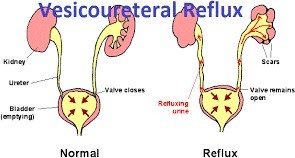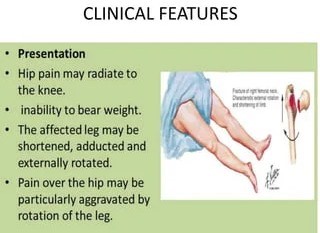A client is admitted with Diabetic Ketoacidosis (DKA). The client asks the nurse "Why did this happen? I have been taking my insulin as prescribed and following my diet carefully" The nurse reviews the client's chart and realizes that this emergency may be related to which common causes of DKA?
Client is taking Ibuprofen and has a history of gastric ulcers.
Clent is taking Glipizide and has a history of hypoglycemia.
Client is taking Prednisone and recovering from a urinary tract infection.
Client is taking Metoprolol and has peripheral neuropathy.
The Correct Answer is C
Prednisone is a corticosteroid medication that can increase blood glucose levels by promoting gluconeogenesis (the production of glucose from non-carbohydrate sources) and reducing glucose utilization in the body. This can lead to elevated blood sugar levels, especially in individuals with diabetes. The client's history of urinary tract infection and the use of Prednisone suggest that the infection might have triggered the development of DKA.
It's important to note that DKA can occur even when a person is taking insulin as prescribed and following their diet carefully if other factors contribute to the development of DKA, such as an underlying infection or the use of certain medications like Prednisone. The nurse should further assess the client's condition and notify the healthcare provider to initiate appropriate management for DKA.
Nursing Test Bank
Naxlex Comprehensive Predictor Exams
Related Questions
Correct Answer is C
Explanation
Vesico-Ureteral Reflux (VUR) is a condition where urine flows backward from the bladder into the ureters and potentially up to the kidneys. This can increase the risk of urinary tract infections (UTIs) and potential kidney damage. By taking antibiotics for a longer duration, the aim is to prevent or reduce the occurrence of UTIs. Antibiotics help to eliminate or control bacterial growth in the urinary tract, reducing the risk of infection and associated complications. It is important to clarify that long-term antibiotic use does not cure VUR but rather helps manage the risk of UTIs.

Correct Answer is D
Explanation
This finding suggests that the client may have experienced a hip fracture. The shorter leg can be a result of the fractured bone, causing a misalignment or displacement. The protruding bump on the side can be a sign of a dislocated or fractured hip joint. It is important to assess and confirm this suspicion through appropriate diagnostic measures, such as X-rays, to provide the necessary medical intervention and management.

Whether you are a student looking to ace your exams or a practicing nurse seeking to enhance your expertise , our nursing education contents will empower you with the confidence and competence to make a difference in the lives of patients and become a respected leader in the healthcare field.
Visit Naxlex, invest in your future and unlock endless possibilities with our unparalleled nursing education contents today
Report Wrong Answer on the Current Question
Do you disagree with the answer? If yes, what is your expected answer? Explain.
Kindly be descriptive with the issue you are facing.
